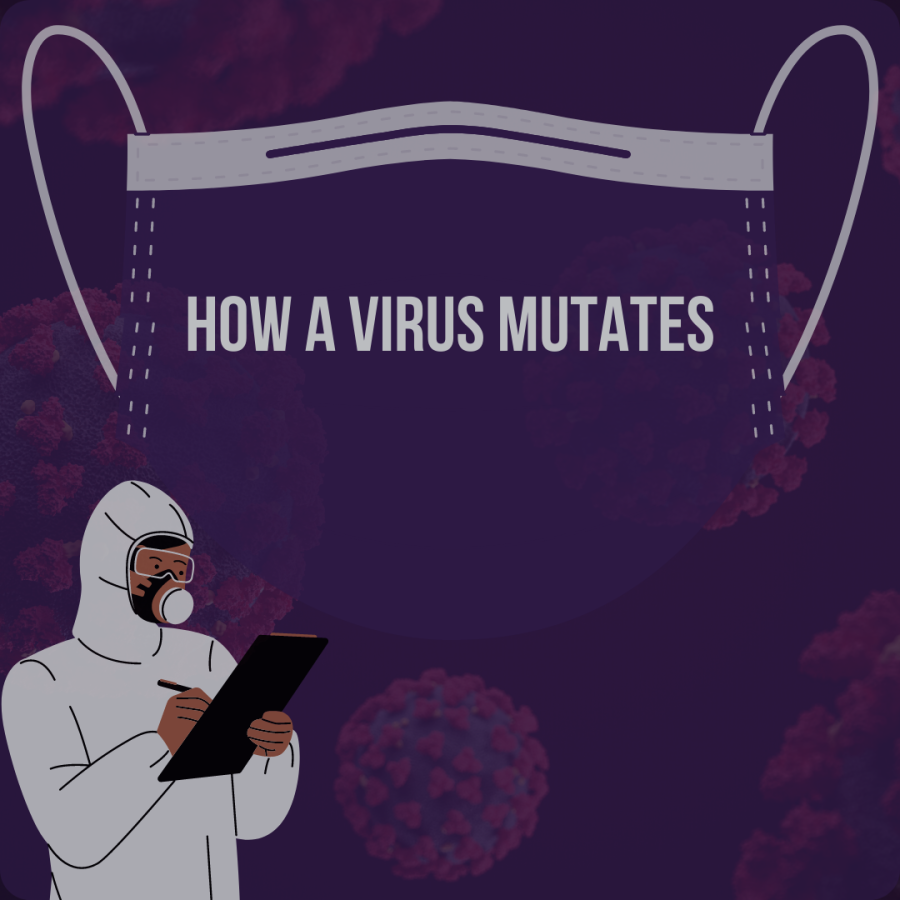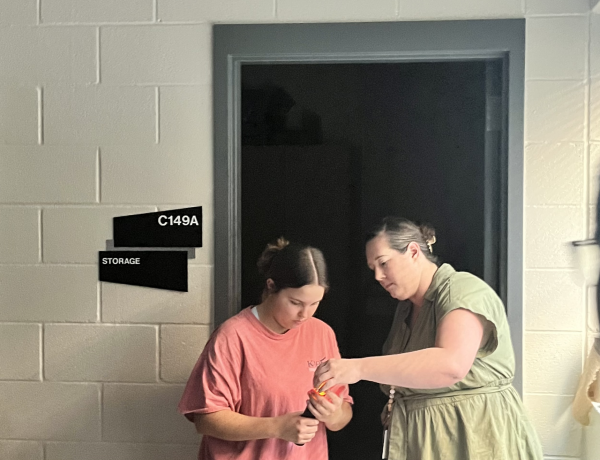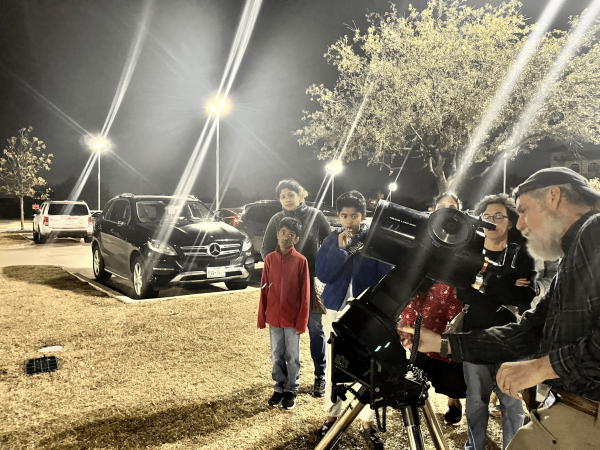How a virus mutates
Over the past two years, COVID-19 has made a global impact; raising questions of how a virus starts and how it mutates.
In order to mutate, a virus has to be a Ribonucleic Acid (RNA) virus, such as the COVID-19 and Influenza virus which mutate and create new strains through errors that occur during cell division.
Viruses mutate and spring new variants during each mutation. Although Deoxyribonucleic Acid (DNA) viruses don’t mutate, Ribonucleic Acid (RNA) viruses do and create new variants.
The emergence of new variations results in new symptoms of a virus which may mean new immunizations are required. Booster shots are recommended to certain viruses because of the result of viral variations; for example, COVID-19 (an RNA virus), contains the Delta and Omicron variants, necessitating the creation of booster shots.
As a virus replicates, its genes undergo random “copying errors”. Over time, these genetic copying errors can change the virus, leading to alternations in the virus’ surface protein or antigens. Human immune system’s use these antigens to recognize and fight the virus, According to Pfizer.
Independence High School (IHS) science teacher Dina Edwards explains how a virus mutates.
“When replicating, an RNA virus will mutate because it doesn’t have the enzyme to correct itself when it’s mutating,” she said. “A DNA virus [however] has an enzyme to correct itself if any mistakes happen during cell division.”
Edwards gives intel on how variants affect people.
“New variants (of a virus) are going to have different symptoms which can be more or less severe,” she said,” said Edwards. “Depending on what the strain is, there are going to be different symptoms and different recovery times.”
Different immunizations or booster shots are recommended for new variations. The flu, for example, is an RNA virus, meaning that when a replication mistake happens during cell division, a mutation arises.
Every year, a new type of flu may emerge. Researchers attempt to forecast new variations and develop a vaccine based on their findings. They make predictions based on data from across the world and current events.
Edwards explains how mutations affect the medical community.
“It’s very strainful on healthcare resources; some states are more highly affected,” said Edwards. “Having enough hospital beds and having enough nursing and medical staff to take care of people, puts a big strain on the medical community.”
Receiving vaccines and booster shots has an impact on the upbringing of new variants. Receiving the vaccines lowers the chances of contracting a virus and its mutations. According to healthline.






